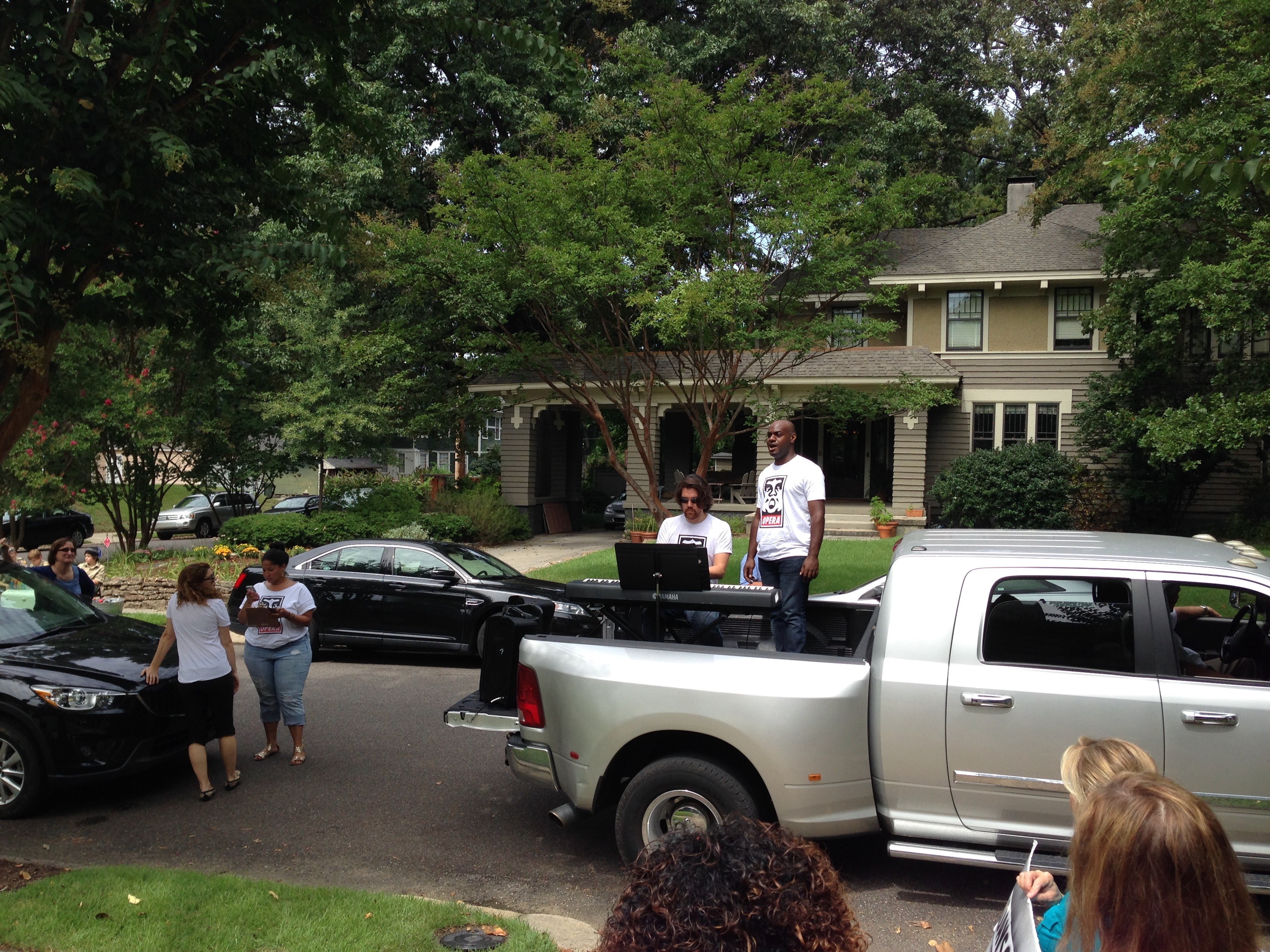My brain, like many others, is exploding, but I need to share this.
Early in my time leading Opera Memphis, I was in a multi-week workshop run by the Assisi Foundation. I was one of only a handful of non-social service organization people. One of the questions we all needed to answer was “what would happen if your organization closed.” This was mainly to find out who might have overlapping or redundant services, so maybe wasn’t relevant to an arts organization. However, the question has never left me. I ask it to myself often, moreso in times like these. I could answer, “We are the only opera company for hours in any direction, so our closing would leave Memphis without opera.” I, and many of my friends, would say that is a terrible thing. Maybe it is. I fear that far more people might never even notice we were gone.

This is turning into one of the most challenging times in decades for so many people, parts of society, segments of the economy, etc. I do not mean to imply that opera (or any live art) has it worse than restaurants or churches or hospitals; that is not my point. My point is that every single person who loves or makes opera must now answer the question: What difference did our shows make in their absence? Beyond the walls of the opera house, who has suffered when the curtain didn’t rise? And are we comfortable if that number, as I think it may be for many of us, is very, very small?
This is a time for all of us to think creatively, but most importantly to ask ourselves: Who are we without performances? What role can we play, or must we play in this crisis, and in our communities?
I say this not to preach but to remind myself that how we act in the next few months, or longer, will likely have more impact on the field of opera than any full decade before now. We all now have a chance to embrace the change that is going to be necessary; to view it as an opportunity, not a tragedy. I have no idea what opera will look like in 5 months or five years, nor does anyone. But I know it will be here for as long as people have ears and souls. I never worry about opera disappearing. I do worry that if we spend too much time fighting against change, we allow ourselves to be Blockbuster instead of Netflix; Sears instead of Amazon.
My job at Opera Memphis is to do everything in my power to ensure we are Netflix, and I intend to do so.
This week we started asking for folks who are cooped up by the coronavirus to email us at singtome@operamemphis.org. We are going to drive our van and flatbed trailer to where they are, and sing to as many of them as possible. Will an outdoor performance on a trailer that just last month was hauling hay in Mississippi be the same as a show on the stage of GPAC, the Orpheum or POTS? Nope. Not even close. But again, not the point. The point is that when times like these arise, we cannot respond by worrying about what will become of the old way of doing things.
We need to remember that this is Memphis. We invent things. We innovate things. We export music to the world. We don’t mope. We don’t wallow. We grit, we grind, and we get on with the work of making something amazing. Whether that something is for 2 people on a Vollintine-Evergreen porch, or for thousands at the Levitt Shell, I have no idea. Frankly, I don’t care. If I know that there is one more person out there we can reach, who will hear our music and feel? That is something worth trying. Worth getting up for every morning. And so I shall.
Stay safe everyone, and #keepthemusicgoing.
Ned Canty has been general director of Opera Memphis since 2010.